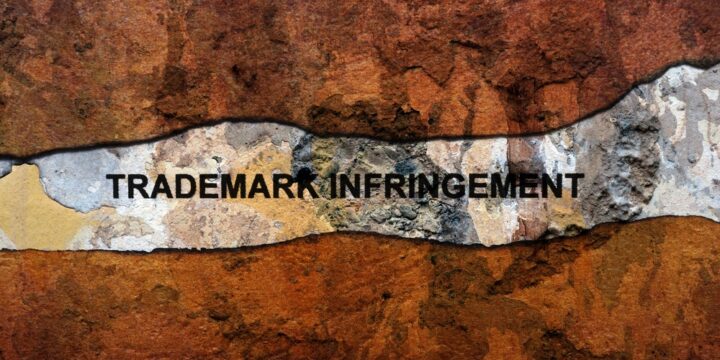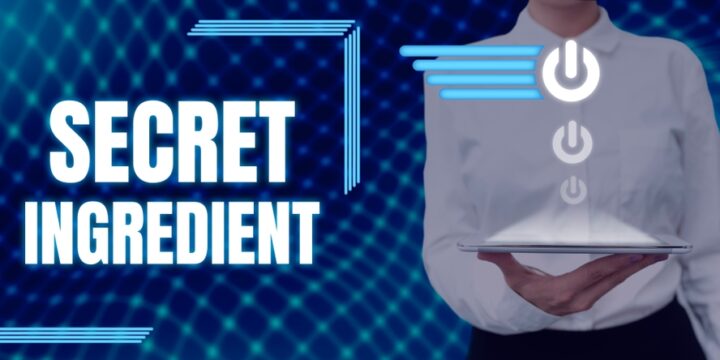
An Overview of the Patent Process
Federal law allows you to obtain patent protection for an invention, drawing, design, or utility that is: Novel Useful Non-obvious You must go through an entire process to obtain the patent, which could take almost two years from start to finish. Here are the steps that you would need to follow to obtain a patent. First, you need to verify whether you can even patent your invention. One of the key requirements is that the invention is new. To that end, you would perform a patent search to see if someone already has a patent on your invention or something similar. Next, you would prepare and submit your application. In your package, you would include drawings and a description of your design. You would also include a definition of your…










